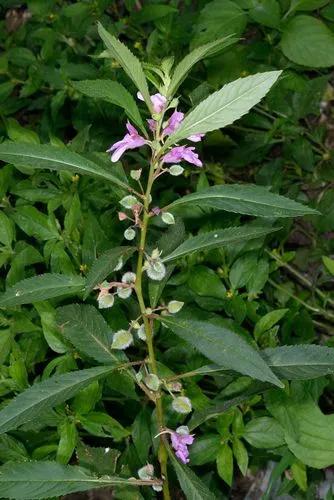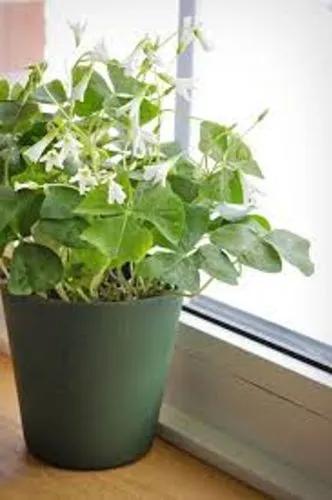Acacia dealbata, the silver wattle, blue wattle or mimosa, is a species of flowering plant in the legume family Fabaceae, native to southeastern Australia and widely introduced in Mediterranean, warm temperate, and highland tropical landscapes.
Silver wattle Care
Acacia dealbata



Acacia dealbata is a fast-growing evergreen tree or shrub growing up to 30 m tall, typically a pioneer species after fire. The leaves are bipinnate, glaucous blue-green to silvery grey, 1–12 cm long and 1–11 cm broad, with 6–30 pairs of pinnae, each pinna divided into 10–68 pairs of leaflets; the leaflets are 0.7–6 mm long and 0.4–1 mm broad. The flowers are produced in large racemose inflorescences made up of numerous smaller globose bright yellow flowerheads of 13–42 individual flowers. The fruit is a flattened pod 2–11.5 cm long and 6–14 mm broad, containing several seeds. Trees generally do not live longer than 30 to 40 years, after which in the wild they are succeeded by other species where bushfires are excluded. Invasive in Australia.
How to Care for the Plant

Water

Water young trees regularly while they’re establishing. Once settled, wattles are hardy, waterwise plants that will get by on natural rainfall. During heatwaves and droughts, give them a drink to keep them going.

Fertilizer

Because they can ‘fix’ their own nitrogen, it’s not necessary to feed wattles. However, if planted among other native plants, they won’t mind a small amount of blood and bone or a low-phosphorus native plant food.

Sunlight

Wattles grow happily in any sunny to semi-shaded spot.

Soil

Wattles aren’t fussy about soil types but do need it to be free draining, so don’t plant in soggy spots that are slow to drain after heavy rainfall. Apply a layer of natural leaf litter or chunky bark over the soil to keep the roots cool, conserve soil moisture and restrict weed growth. Just keep it well back from the trunk itself.

Temperature

The plant can be grown in the areas with the lowest winter temperatures of −3.9°C (25°F).

Popularity

941 people already have this plant 203 people have added this plant to their wishlists
Discover more plants with the list below
Popular articles






